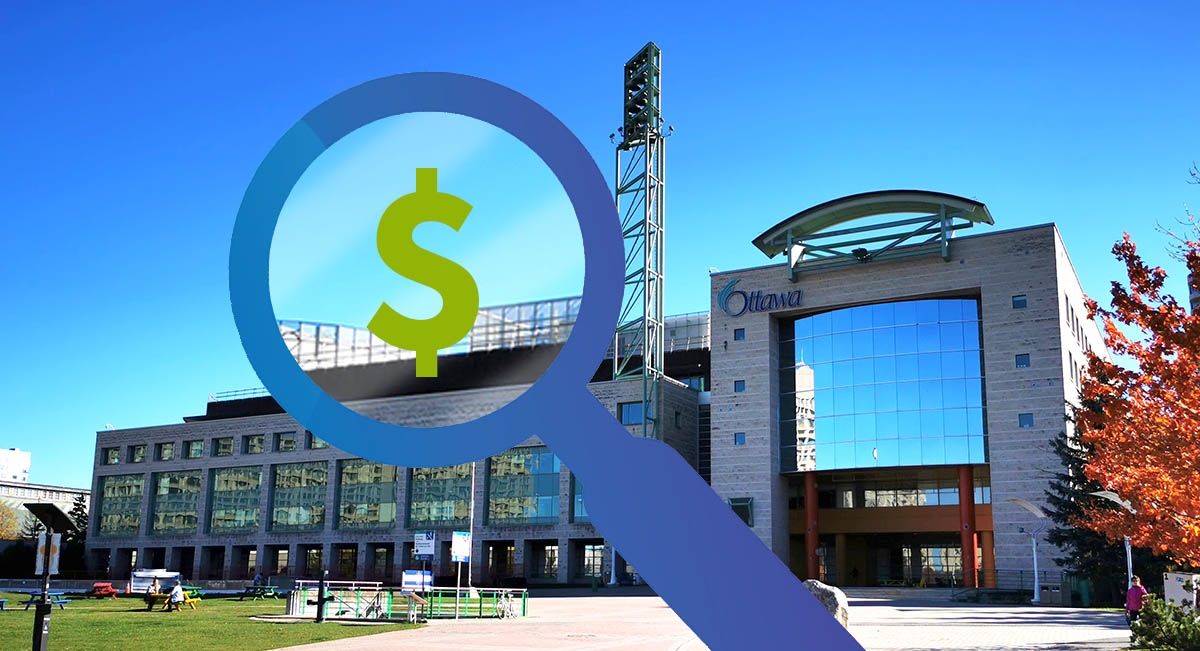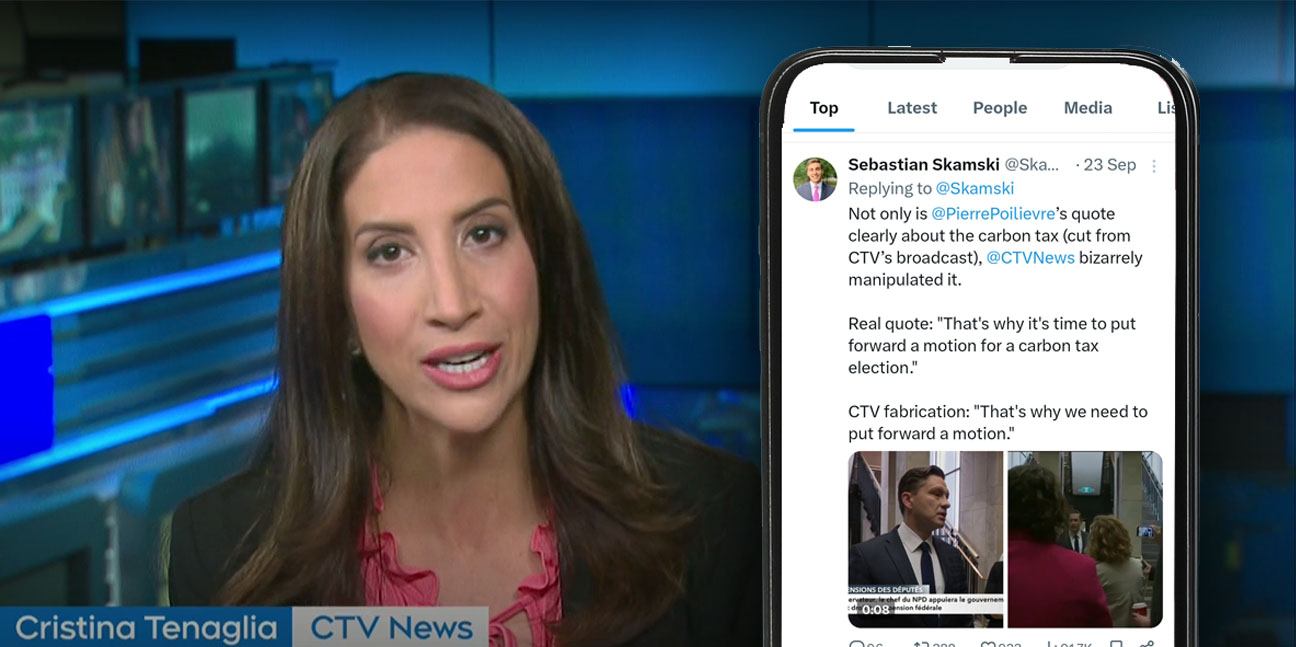
Budget season is almost over.
The municipal budget has dominated the last month of Ottawa City Council committee meetings, but this chapter will be coming to a close on December 8th. There is no triumph of a balanced budget that Mayor Jim Watson was able to proclaim in years previous. This year's budget has shown that hard times make for contentious debate and that council is divided. Many items on the budget that activists and non-profits have advocated for look underfunded or ignored, while others look like they are getting more of the pie chart.
The most significant issue during the budgetary process was the Ottawa Police Service (OPS) budget increase. The Ottawa Police Services Board (OPSB) and Transportation Committee meetings were tumultuous for many reasons. After lengthy hearings, the conclusion reached by the OPSB was to recommend a more minor, but still significant, increase to the budget. The OPS is reacting as if they’ve received a budget cut while in reality, they are getting a 2 per cent increase worth almost $11.4 million, of which 82 per cent will still go to salaries.
Previously, the chief of police had said that a freeze to the budget would result in 140 layoffs, despite over 1,400 members of the service being listed on the Ontario Sunshine List and the top five earners in the department making over $1,416 575 in salaries. Chief Sloly reacted to media saying there may be cuts or layoffs from only receiving an $11.4 million increase, instead of the $14 million requested. If the top earners at the department all took pay cuts, they could still make six-figure salaries, and the OPS could recuperate the lost $2.65 million the police chief claims so desperately to need to pay other staff members.
The Black Lives Matter and Defund the Police movements delegates were keen to voice their frustrations at the open budget review sessions where 70 participants criticized the idea of giving the OPS anything but a freeze. Despite this, OPSB Chair Diane Deans has acted as though the OPS is entering a transformational moment because it's only getting $11.4 million instead of $14 million. Deans has spoken of the moment as though this is the beginning of a transformational path for the OPS rather than getting more money to continue the status quo, which will likely be the outcome of this budget expansion.
Compared to the OPS budget, only $15 million will go to affordable housing in the capital, and $27 million is slated to be shared by 95 social services groups and charities that often act as the frontline organizations. This amount of spending in these areas makes little sense. The city declared a housing emergency before the pandemic and given that addiction, domestic abuse, homelessness have all become worse in the last two years. Public health will also only account for just over 1 per cent of public expenditures even though the city is in a pandemic and will be for the foreseeable future.
The LRT Twitterstorm has subsided — hopefully for the long-term — since the trains are running, but Rideau Transit Group and its subsidiary Rideau Transit Maintenance still control the project infrastructure. The city has lost tens of millions of dollars to incompetence due to a bad P3 contract, yet there are still plans to hike transit fairs in the new year. after the month of free transit this December. Fair hikes will continue despite no solid plan to fix the transit system. Ottawa will spend 16.8 per cent of its revenues on transit this year. We’ll see if it is money well spent since the system has yet to show no sign of drastic improvement.
The final 2022 Ottawa City Budget leaves the city set up for a competitive election season that will unofficially start as soon as the ink dries. Some of the key players on the council face relatively easy runs while others will have steep uphill battles for their seats. Councillors Catherine Mckenney and Shawn Menard go into the budget vote as the contrarians. Both will likely not approve the budget due to their more progressive outlooks. McKenney has been vocal about funding, believing that the council could give more to frontline organizations and improve the transit situation.
The progressive view towards city finance seems to be working. Even though Ottawa is a city that votes for liberals and tories, as the three past mayors have shown, Catherine Mckenney appears to be quite popular. Jim Watson remains a popular mayor but anecdotally he is less popular than he has ever been, as a scroll of Twitter will demonstrate. If the mayor can keep the LRT running and advert future transit disasters, he may be re-elected, but the city's budget will look poorly written if the LRT is out of service for another two months after a fare hike. If crime rates remain the same or lower, the Ottawa Police Service may finally be viewed as asking for more than we can give, as the progressive Council members and community activists believe already to be the case.
The completion of the 2022 budget marks the beginning of election season. It will be a race between the progressives who champion alternatives and the conventionalists like the mayor who wants to stay the course.









